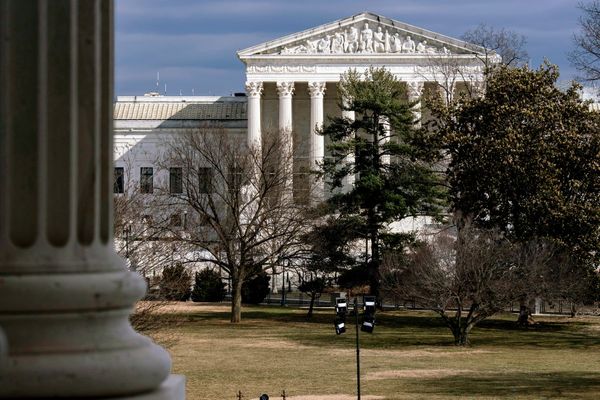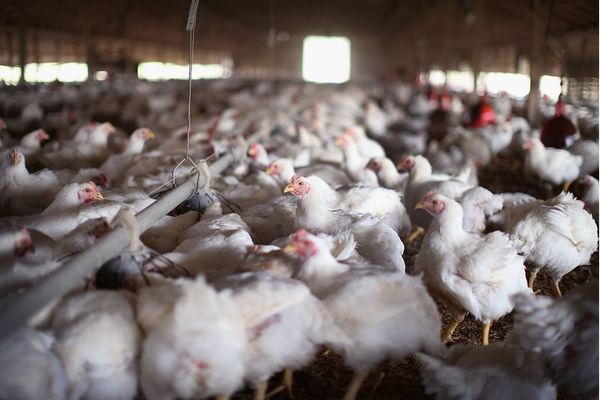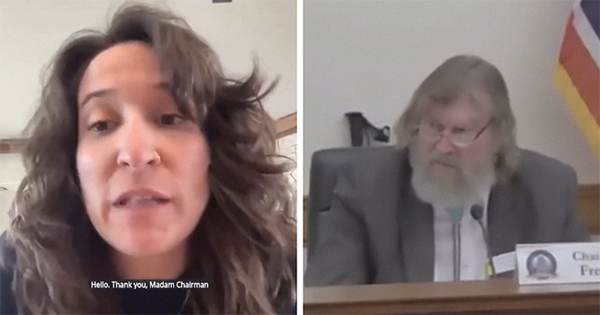Hair stylist Diana Aketch felt helpless. She wanted to help a friend who was battling breast cancer but didn’t know how.
“When she lost her hair and breast, I could see how it affected her physiologically. She was quite sad,” said Aketch, who runs a salon in downtown Nairobi.
Her friend was also battling self-esteem issues and didn’t want to go out. However, she needed to go back to work and look presentable while dealing with treatment.
“I decided to surprise her - that was the first time I custom made a wig, a beautiful human hair wig,” she told Africa Calling podcast correspondent Anne Macharia.
In #Nairobi, #hairdresser Diana Akech calls her special project to give #women suffering from #breastcancer special wigs—she calls it her ‘little-big thing’ to cheer up those who don’t have a lot to cheer about 🌈: https://t.co/opCCoAyws4 🇰🇪
— Africa Calling (@Africa__Calling) February 19, 2022
“She asked how much I was going to charge her. I told her: 'I’m not going to charge you anything because you are already spending a lot on your medication.' The least I could do is buy you this wig.”
Touched by her gesture, her friend asked Diana to make a wig for another cancer patient in her name, and to share it on social media. The response was huge, and her wig charity was born.
Making custom-made wigs for each breast cancer patient can be expensive but Aketch puts in the time, and the wigs are paid for by donations and private companies. She calls it her ‘little-big’ thing.
“All I can say is I don’t know where I get the strength to do this because times are hard for everyone, but whenever I bless one person, I always know I will not lack food in my house, I will not get sick. I believe that in my mind,” she said.
In Kenya, women under 50 account for more than half of the 7,000 women diagnosed with cancer each year according to the Global Cancer Observatory.
Breast cancer patient Colleta Mwende, 44, was diagnosed with breast cancer two years ago. Chemotherapy might be saving her life but the loss of her hair left her feeling exposed. Mwende came to Aketch’s salon to be fitted for her new wig.
Mwende couldn’t contain her happiness after she put her wig on in the salon.
“Wow! I am very happy! I look different, like my sister, or my daughter, everything is fine,” she said as she surveyed herself in the mirror.
Access to treatment
Access to cancer treatment is a challenge in Kenya. It is unaffordable for most who live on less than three US dollars per day.
Mwende is among the few Kenyans who are privileged to afford treatment. The majority do not have access to treatment and eventually die.
“If you have cancer and you don’t have money, you can easily die, because you need medication, you need food,” said Mwende.
“If you can’t eat, then the medicine will drain your strength, and you might miss a chemotherapy session,” she added.
The rising cases of cancer in Kenya is directly related to the lack of treatment centers, said Dr Wanda Dulcie an oncologist at Kenyatta Hospital.
“If we combine both private and public then maybe we could be talking about 20-30 facilities that offer cancer care,” said Dulcie.
If patients need radiotherapy, the number of facilities is even lower, and they are mainly concentrated around Nairobi, the capital, where the private facilities are based.
The government is starting build more cancer treatment facilities, especially because the demand is so high in Kenya, said the oncologist.







